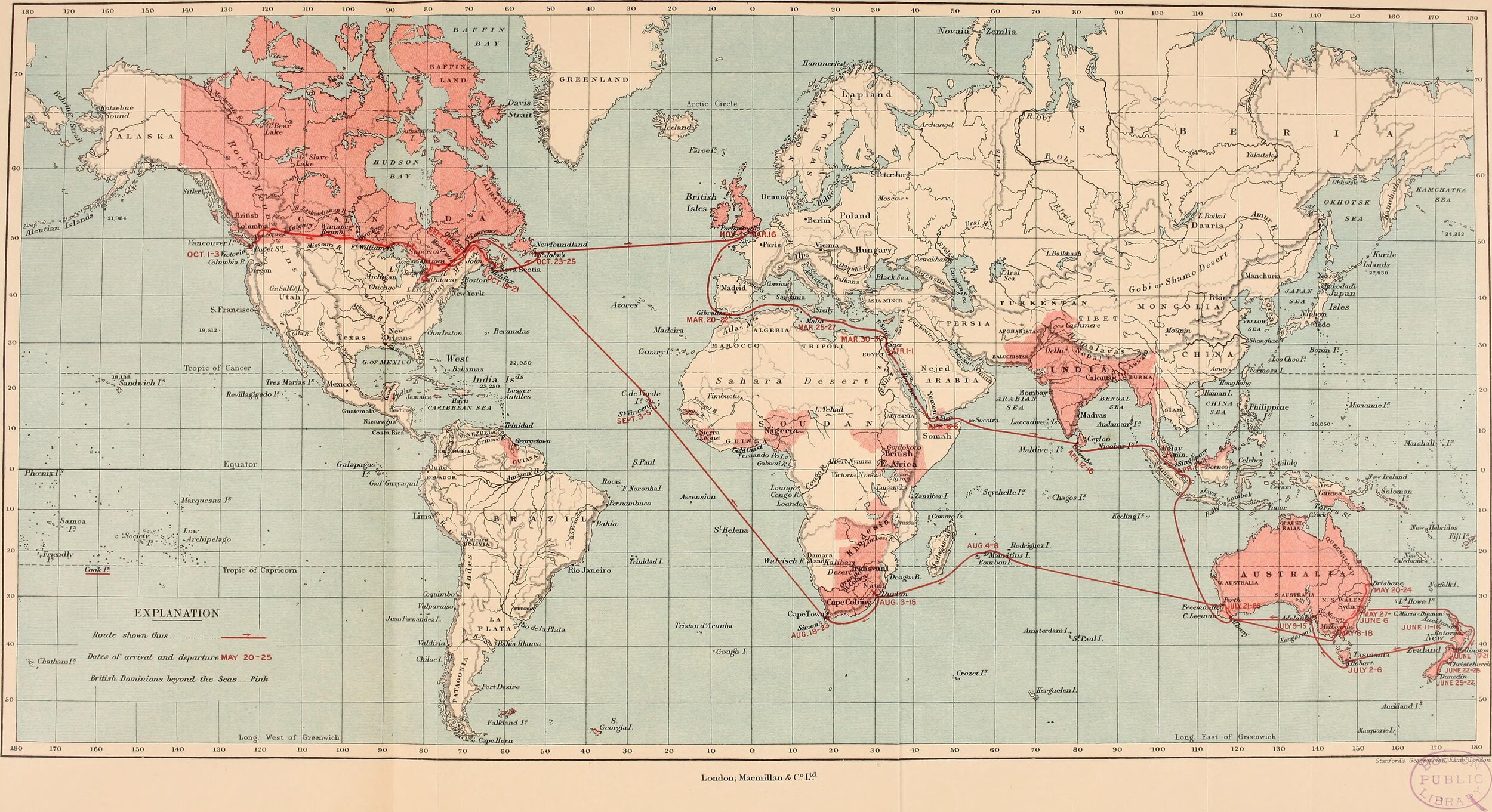
Part 5:
1945 to 2020: The Big Picture
#82 China’s Economic Transformation and Mao Zedong
Mao knew about the English agricultural revolution in the 16th and 17th centuries, and he knew about the industrial revolution in the 18th century too. He was aware of the need to transform China.
Mao’s heritage has caused huge debate and disagreement, particularly across Western intelligentsia. Mao made serious mistakes at the end of his life. By the 1960s, he was in a hurry. He also wished to show the Soviet Union that China was independent of their advice.
Mao created the Hundred Flowers Campaign; the Great leap Forward; and the Peoples Commune. All these vast initiatives came under the rubric of the Cultural Revolution.
#80 China's Long History
It is important to understand that China has a long-written history of economic and political development. Unlike the USA, France or Britain, China has a very long history of administering the huge landmass which makes up China today.
Chinese politicians in the 21st century have been able to draw on the wisdom from ancient antiquity. Records of developments in China were written down. In the 13th century, Marco Polo, a traveller, a nobleman and trader from Venice, described a city of a million people. We know from a large cache of historical records, that traders had been moving and writing to each other for at least 1000 years. These written records were first discovered in the 20th century. They were found in a repository in a Jewish synagogue in Egypt in the early 20th century, having survived so well due to the dry air of the region.

